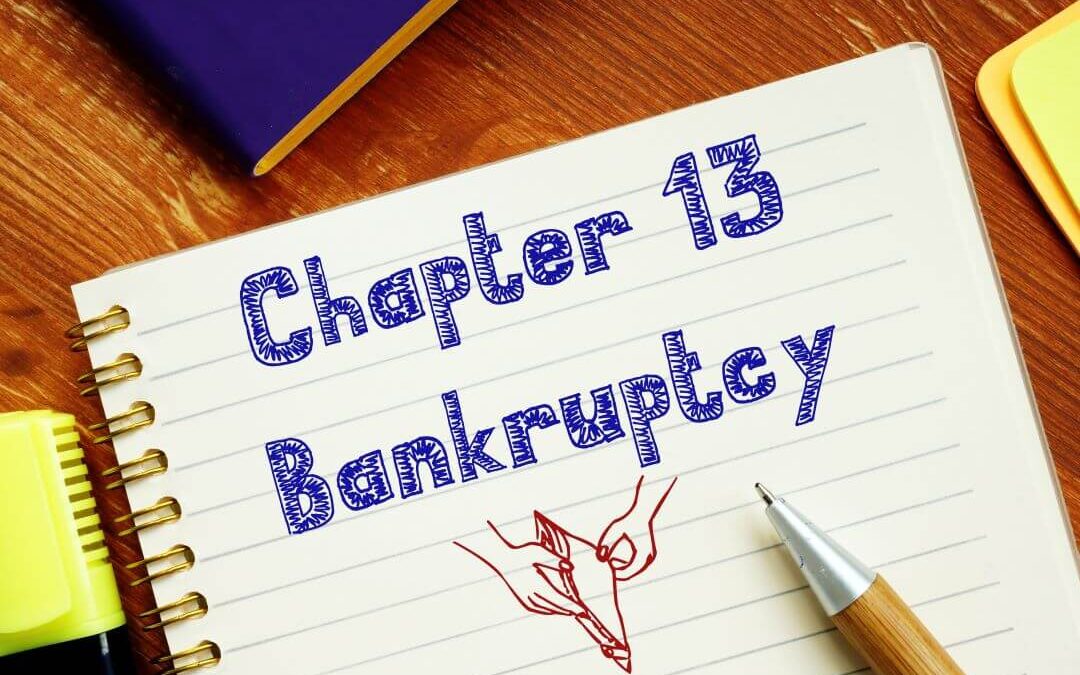If you are struggling with debt, you need to know the pros and cons of different debt solution options. Chapter 13 bankruptcy and debt consolidation are two common choices. Both aim to help with debt, but Chapter 13 bankruptcy offers some unique benefits that might make it a better choice for some people facing financial problems.
What Are Chapter 13 Bankruptcy and Debt Consolidation?
Chapter 13 Bankruptcy: This type of bankruptcy lets you reorganize your debt into a court-approved repayment plan that lasts 3 to 5 years. The court oversees this process, protecting you and setting terms for creditors. This gives you a clear plan to recover financially with federal protections.
Debt Consolidation: This involves combining multiple debts into one payment, often through a new loan or a debt management program. The goal is to make payments easier and possibly reduce interest rates or fees.
The Power of the Automatic Stay
A big plus of Chapter 13 bankruptcy is the automatic stay. This court order stops all collection efforts right away. This includes calls, lawsuits, wage garnishments, repossessions, and foreclosures. It gives you immediate relief from creditor harassment, letting you focus on your repayment plan without constant financial stress.
Debt consolidation programs do not offer this legal protection, leaving you open to ongoing collection activities.
Comprehensive Debt Resolution
Debt consolidation usually only deals with credit card debt and personal loans. Chapter 13 bankruptcy, however, covers a broader range of debts. This includes medical bills, payday loans, and other unsecured debts, plus secured debts like mortgages and car loans. By addressing all your financial obligations, Chapter 13 offers a more complete solution for long-term financial stability.
Asset Protection
Chapter 13 bankruptcy protects your assets, like your home and car. Debt consolidation often involves taking on more loans, such as home equity lines of credit, to pay off unsecured debts.
Reduced Debt Burden and Interest-Free Repayment
Chapter 13 bankruptcy can significantly reduce your debt. A court-approved plan can drastically reduce the amount of your debt you are required to pay much more than what debt consolidation programs offer.
Also, once you file, your existing debt stops accruing interest or late fees, speeding up repayment. Debt consolidation may lower interest rates but doesn’t offer interest-free repayment.
Definitive Timeframe and Creditor Compliance
Chapter 13 repayment plans last 3 to 5 years, giving you a clear end date for your debt obligations. Debt consolidation programs can drag on, leaving you uncertain about your financial future.
Plus, the bankruptcy court ensures creditors comply with the repayment terms, whereas debt consolidation relies on voluntary cooperation from creditors, which they can withdraw at any time.
Discharging Debts and Avoiding Revocation
When you complete a Chapter 13 plan, most of your qualifying debts are discharged, offering a fresh start. In contrast, debt consolidation requires full repayment of consolidated loans.
The Impact on Credit
Both Chapter 13 bankruptcy and debt consolidation will affect your credit score in the short term. Bankruptcy may cause a bigger initial drop, but completing a Chapter 13 plan can lead to quicker credit recovery compared to the slow progress typical with debt consolidation.
The Guidance of an Attorney
In Chapter 13 bankruptcy, a bankruptcy attorney, who is legally required to act in your best interest, can represent you. This ensures your rights are protected. Debt consolidation programs offer financial advisors who may also work for debt consolidation companies or creditors, leaving you without dedicated advocacy.
If debt overwhelms you, understanding your options can be tough. To find a solution that fits your financial situation and goals, it helps to get advice from an expert who knows the ins and outs of debt relief.
Brock and Stout’s bankruptcy attorneys have helped thousands of clients find the best debt solution for their families. Let us help you get back on track with your finances. Contact us today for a free evaluation of your financial situation.

